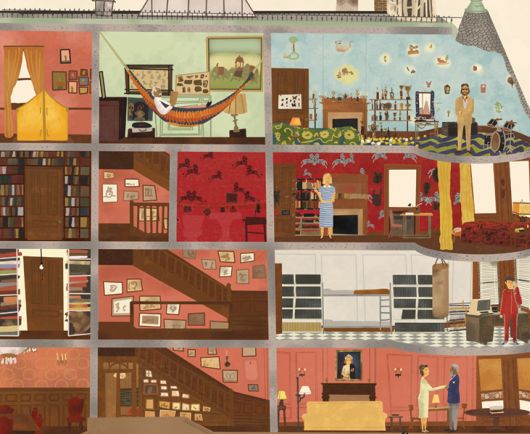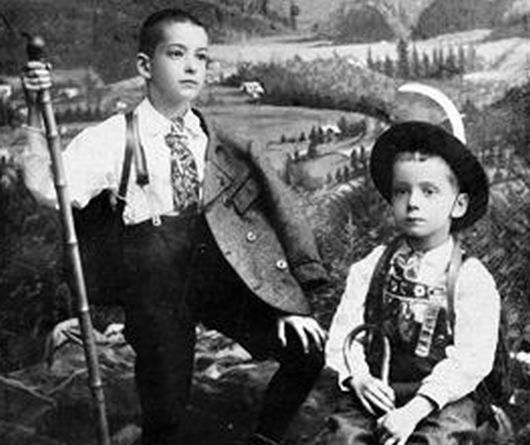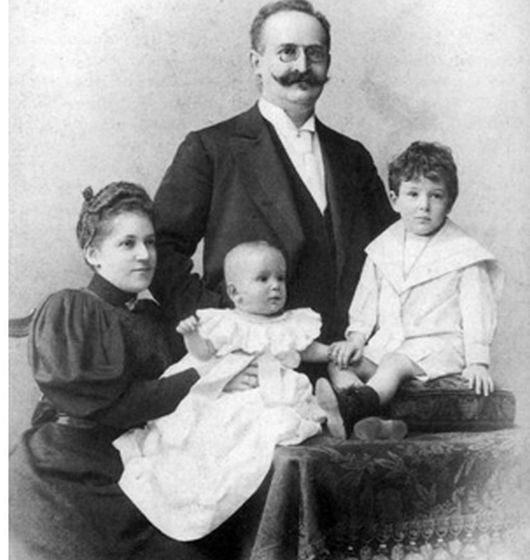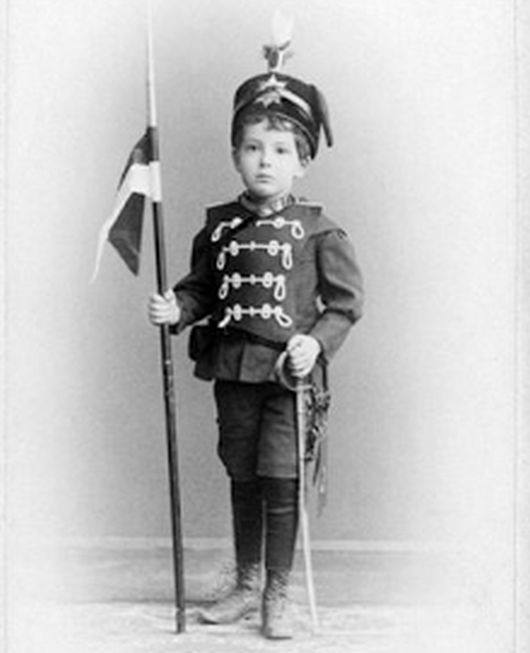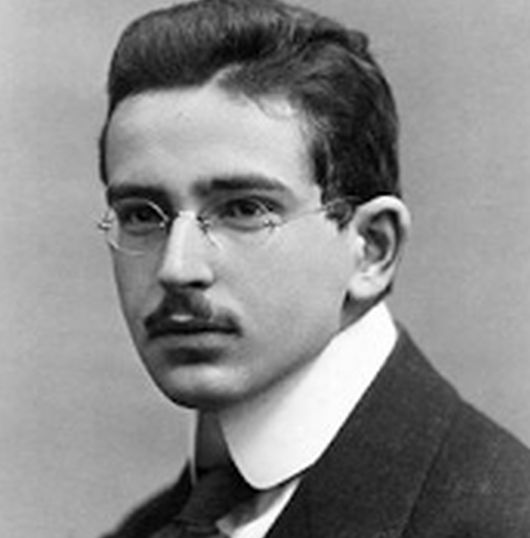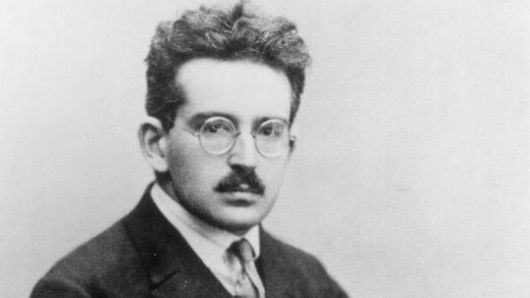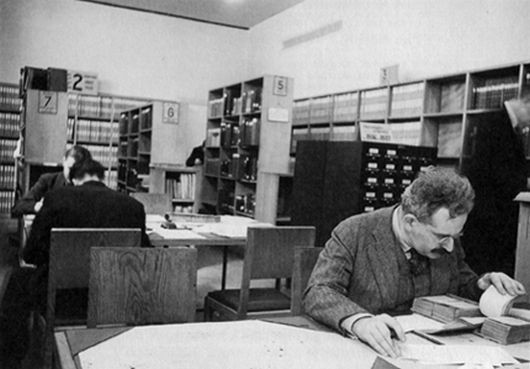 FILM
FILM In Which Ingrid Bergman Raises Her Standard Of Living
 Tuesday, February 4, 2014 at 11:00AM
Tuesday, February 4, 2014 at 11:00AM 
A Taste For Gin and Tonic
by ELLEN COPPERFIELD
She admired Joan of Arc most of all. The French heroine was, in her imagination, the tall, slightly awkward, slightly shy version of herself. "She became the character I liked to play most. She, too, was a timid child, but with great dignity and courage." All the boys teased and mocked Ingrid Bergman, to her face and behind her back. To entertain her friends, she re-enacted Joan's death.

In the wake of Ingrid's mother's death, her father found comfort with the family's eighteen year old housekeeper/governess, Greta. She treated Ingrid like a younger sister, and the girl returned the favor. Between her aunt (she called the woman 'Aunt Mommy'), her deceased mother, and her father's young mistress, it had been a confusing set of mentors. None of these women could cook, so neither could Ingrid. She was a lot better at German; her father had always spoken the language very well.

"I believed that my life with my father was perfect," Ingrid wrote of her art dealer papa. "He was everything to me, and I was everything to him. People would say, 'She must miss her mother terribly.' But I didn't, because for me she was very abstract. She was a photograph...always frozen in a picture frame."
Her father had made a short film of Ingrid's mother for her to remember the woman by. It is a terrifying sequence that ends with the three year old girl putting flowers on her mother's grave. When Ingrid made it to America for the first time, David O. Selznick had it restored for her. Even without her mother, the tiny family got along well, singing at the piano each night after dinner.

When she was 13, her father died. She moved in with her aunt and uncle, who were overjoyed to take her for the simple reason that the girl's trust fund raised their standard of living immediately. Her first audition was for the Royal Dramatic Theater.
One of the admissions committee said of Ingrid that, "while she has too much the appearance of a country girl, she is very natural and is the type that does not need makeup on her face or on her mind." Her star began there, and soon "Sweden seemed too small and I felt I had to get to a bigger country... but I was scared to death Hollywood would not like me."

Chosen to be a star from early on in her country, Ingrid came to America for the first time on the Queen Mary. She wanted desperately to become an American as quickly as possible, since she knew she would have to survive and thrive in this country in any case. She ate the most American meals she could find, taking refuge in familiar ice cream when it proved unsatisfying.

At first she never drank to excess, and even her passion for food as a refuge had its limits. Gin, whiskey and good wine were afforded her now. Temptation could be indulged until just before it became damaging. After her relationship with Rossellini, her drinking became more and more frequent. "I always look at myself in a detached way," she said at the time, "as though I was watching a stranger for whom I am responsible."
In order to speak English well enough to perform on stage or camera, she went to the theater as often as she could. There she saw pablum like The Little Foxes and The Philadelphia Story, trying in vain to comprehend the idioms. Selznick hired a dialogue coach for her and she took the train from New York to California.
 with Gregory Peck
with Gregory Peck
Selznick's wife Irene showed Ingrid to her room in their vast Beverly Hills mansion. The makeover began immediately, and Ingrid chafed on how they wanted to change her. She convinced Selznick not to alter her eyebrows and limited the application of makeup, selling him on the idea of her as a "natural girl", with her own teeth and hair.
Her first house was in a slightly less glamorous part of Beverly Hills, no pool. Her contract limited her to two films a year, and she despised the idleness it created, complaining to Selznick, who made thousands hiring his new star out to other studios. Anxious as hell, she gained fifteen pounds on ice cream sundaes. "You're going to love America," her friend opined.
Ellen Copperfield is the senior contributor to This Recording. She is a writer living in San Francisco. You can find an archive of her writing on This Recording here. She last wrote in these pages about the childhood of Walter Benjamin.

Dear Mrs Bergman,
I send you as promised a short synopsis of my story: I can’t call it a real full length story, because it is not a story. I am used to following a few basic ideas and building them up little by little during the process of the work as the scenes very often spring out of direct inspiration from reality. I don’t know whether my words will have the same power of the images: anyhow, I assure you that, during this work of mine, my own emotions have been strong and intense as never before. I wish I could speak to you about Her and He, the Island, the men and women of the Island, the humility so primitive though so antique, made wise by experience of centuries. One could think that they live so simply and poorly just because of that knowledge of the vanity of everything we consider civilized and necessary.
 Ingrid in 'Stromboli'
Ingrid in 'Stromboli'
I am sure that you will find many parts of the story quite rugged, and that your personality will be hurt and offended by some reactions of the personage. You mustn’t think that I approve of the behaviour of Him. I deplore the wild and brutal jealousy of the Islander, I consider it a remainder of an elementary and old fashioned mentality. I describe it because it is part of the ambience, like the prickly pears, the pines and the goats. But I can’t deny in the deepness of my soul there us a secret envy for those that can love so passionately, so wildly, as to forget any tenderness, any pity for their beloved ones. They are guided only by a deep desire of possession of the body and sold of the woman they love. Civilization has smoothed the strength of feelings; undoubtedly it’s more comfortable to reach the top of a mountain by funicular, but perhaps the joy was greater when men climbed dangerously to the top.
I beg your pardon for the many diversions, I am filled with so many thoughts and I fear that you cannot understand me completely only by a letter. I am anxious to know your impression after you have read this story. I beg you to consider that the translation was made in a great hurry by people who have not the complete mastery of the language.
I want you to know how deeply I wish to translate those ideas into images, just to quiet down the turmoil of my brain.
Waiting to know your judgement, I am,
Yours very truly and devoted
R. Rossellini

"Where Did We Go Wrong" - Babyface & Toni Braxton (mp3)
"I Hope That You're Okay" - Babyface & Toni Braxton (mp3)
The new album from Babyface and Toni Braxton is entitled Love, Marriage & Divorce and it was released today.































